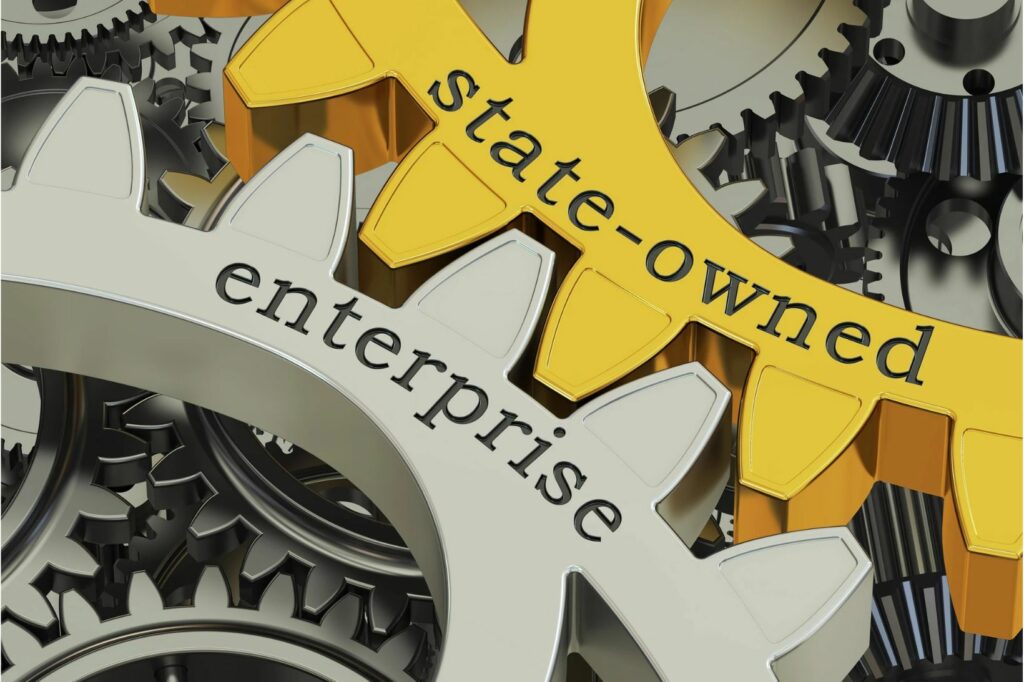Blockchain technology is revolutionizing the way we think about governance and decision-making. At its core, blockchain offers a transparent, secure, and decentralized method for recording and verifying transactions, making it an ideal foundation for decentralized governance systems. These systems empower communities by distributing decision-making power, reducing the need for traditional, centralized authorities.
Decentralized governance leverages the strengths of blockchain to create more democratic and resilient structures. By enabling participants to have a direct say in the rules and processes that affect them, these systems promote greater accountability and trust. As more industries and sectors explore blockchain’s potential, the shift towards decentralized governance is gaining momentum, promising a future where individuals have more control over their own affairs.
In this rapidly evolving landscape, understanding the intersection of blockchain technology and decentralized governance is crucial. As these innovations continue to reshape traditional frameworks, they present both opportunities and challenges that demand attention and exploration.
Blockchain Technology and Decentralized Governance is The State Still Necessary
Blockchain technology and decentralized governance challenge traditional state roles. Examining trust and authority offers insights into future public structures.
Redefining Trust and Authority
Blockchain reduces reliance on central authorities by distributing power among network participants. Trust shifts from traditional institutions to cryptographic algorithms that uphold transaction integrity and security. By emphasizing transparency and accountability, decentralized frameworks increase societal participation and reduce corruption risks.
Public Services and Infrastructure
 Decentralized systems transform public services by enabling more efficient delivery and access. Blockchain streamlines processes like identity verification and land registry, minimizing bureaucratic hurdles and enhancing user experience. Infrastructure projects gain from decentralized decision-making as stakeholders collaboratively fund and manage developments, ensuring fair resource allocation.
Decentralized systems transform public services by enabling more efficient delivery and access. Blockchain streamlines processes like identity verification and land registry, minimizing bureaucratic hurdles and enhancing user experience. Infrastructure projects gain from decentralized decision-making as stakeholders collaboratively fund and manage developments, ensuring fair resource allocation.
Regulation and Security
While blockchain introduces new governance models, regulatory frameworks must adapt to ensure ethical practices. Authorities focus on establishing standards that protect users without stifling innovation. Security concerns center on safeguarding networks from cyber threats and misuse. Effective regulation enhances system resilience, fostering continued adoption of decentralized technologies.
Decentralized Governance Explained
Decentralized governance utilizes blockchain technology to distribute authority and decision-making across various network participants, diverging from traditional centralized models.
Principles of Decentralized Governance
 Decentralized governance operates by enabling network participants to take part in decision-making processes. Authority is distributed through consensus-driven mechanisms like voting systems, where decisions reflect collective input rather than central commands. Smart contracts automate enforcement of decisions and agreements, ensuring consistency and reducing manual oversight. Transparency in decision-making promotes accountability, as each transaction or change is recorded and traceable on the blockchain. This model strengthens trust by eliminating central intermediaries and ensuring objective rule enforcement.
Decentralized governance operates by enabling network participants to take part in decision-making processes. Authority is distributed through consensus-driven mechanisms like voting systems, where decisions reflect collective input rather than central commands. Smart contracts automate enforcement of decisions and agreements, ensuring consistency and reducing manual oversight. Transparency in decision-making promotes accountability, as each transaction or change is recorded and traceable on the blockchain. This model strengthens trust by eliminating central intermediaries and ensuring objective rule enforcement.
Advantages Over Traditional Governance
Decentralized governance offers several benefits over traditional systems. It enhances transparency by providing a public record of decisions, thereby increasing trust among stakeholders. By distributing power, it reduces dependency on singular decision-makers, minimizing the risk of corruption and bias. Efficiency improves through automated processes that streamline operations and decision execution. Cost savings arise from the elimination of intermediaries and reduced administrative overhead. Additionally, it fosters increased participation from stakeholders due to a more democratic and inclusive approach, allowing for diverse perspectives to shape outcomes.
Blockchain Technology and Decentralized Governance: A Perfect Fit
Blockchain technology offers a natural complement to decentralized governance by integrating secure, transparent infrastructures for decision-making.
How Blockchain Supports Decentralization
 Blockchain enables decentralization through its distributed ledger structure. Each transaction occurs across multiple nodes, eliminating single points of failure and reducing the need for intermediaries. Cryptographic algorithms secure and validate these transactions, fostering trust among network participants. Decentralized protocols like Ethereum facilitate smart contract execution, automating processes without central oversight. This autonomy supports self-governance models where communities retain decision-making power, enhancing overall accountability and transparency.
Blockchain enables decentralization through its distributed ledger structure. Each transaction occurs across multiple nodes, eliminating single points of failure and reducing the need for intermediaries. Cryptographic algorithms secure and validate these transactions, fostering trust among network participants. Decentralized protocols like Ethereum facilitate smart contract execution, automating processes without central oversight. This autonomy supports self-governance models where communities retain decision-making power, enhancing overall accountability and transparency.
Global Governance
Blockchain technology and decentralized governance are poised to revolutionize how societies operate by enhancing transparency, security, and efficiency. By shifting power from centralized authorities to distributed networks, these innovations empower individuals and communities, fostering a more democratic approach to decision-making. While challenges such as scalability, regulatory hurdles, and technical limitations persist, the potential benefits are immense. As industries continue to explore and integrate these technologies, it’s crucial to develop adaptive regulatory frameworks that ensure ethical practices and security. The future of governance may well be shaped by blockchain’s ability to provide resilient and inclusive systems, ultimately redefining trust and authority on a global scale.



